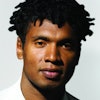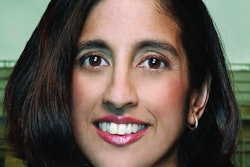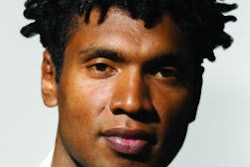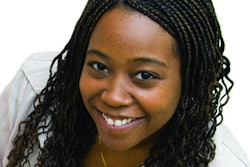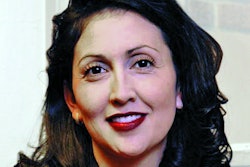As a broke graduate student, Dr. William Jelani Cobb wrote music reviews to earn extra cash. “I had this naive idea that no one from my academic life would ever read anything I wrote as a music reviewer. I ran into this really esteemed historian and before I could say, ‘I love your work,’ he said, ‘You wrote a music review about the Wu-Tang Clan,’” Cobb remembers.
When his two worlds collided, Cobb started thinking about the connections between history and hip-hop, and his book To the Break of Dawn emerged.
Cobb’s name is recognizable both in and outside academic institutions because he writes for mainstream publications from Essence to The Washington Post. His collected essays are in his popular book, The Devil & Dave Chappelle. “One of my interests has always been in stepping outside the ivory tower and talking to people in the communities,” says Cobb, an associate professor of history at Spelman College.
“When I look at conversations we have in scholarly circles that are impenetrable to people who don’t have doctorates — I feel it’s antidemocratic.”
He wants everyone to be able to participate in imp o r t a n t d i s c u s s i o n s . Raised in Queens, N.Y., Cobb was the first member of his family to go to college. When he entered Howard University, Cobb intended to go to law school. But a history class freshman year changed his plan.
“It amazed me the extent to which the world came into focus in one semester,” he says. “I was thinking about the world as a movie that we walked in the middle of. History is our only attempt to find out what happened in the early scenes and what the plot points are now.”
Studying African history, Cobb renamed himself. Born William Anthony Cobb, he chose to replace his middle name with Jelani, which means “great and powerful” in Swahili.
“It’s what I was aspiring toward at that point in my life,” he says. “We were involved in the anti-apartheid struggle, and as students at Howard University, we were involved in the student takeover to get Lee Atwater (the late controversial Republican strategist) off our board of trustees … we wanted to make differences in the world.” Says Dr. Khalil Muhammad, an assistant professor of history at Indiana University who attended graduate school with Cobb: “His command of contemporary events, rooted in a deeply informed historical context, positions him to be an exceptional voice of commentary and insight on a range of topics, most recently including the Obama elections.” Ind e e d , Cobb is revising his forthcoming book, titled Change Has Come: Barack Obama and the New Black America. Cobb admits that, at the time he was writing the book, he questioned whether the country was prepared to elect an African-American president.
“I got something wrong. Really wrong,” Cobb says. He wanted to figure out why. “If you asked most of us if we thought the country was prepared to elect an African- American president, we would have said no — 99 percent of us would have said no,” he says. “In our shorthand understanding of how race works: difficult economic times increase racial tension. The economy goes down and there are increased incidences of racial hostility. In September, the economy tanked and Barack Obama’s polls went through the ceiling. That doesn’t make sense to us. We’re still trying to figure out why.”
So what is the new Black America?
“Less than 10 percent of the population of Black America is over 65 — so the majority of us did not experience segregation first hand. While we have racism as a reality, we also have this vast vista of possibility which is completely at odds with the Black history of Black people in America,” Cobb says. When he’s not teaching or writing, the divorced father of a 16-year-old daughter is baking (his specialty is an eggnog sweet potato pie) and taking African drum lessons and kickboxing classes.
Ever the prolific writer, Cobb is working on a novel based on the boxing careers of his father and grandfather.
Cobb is also revising another book titled Antidote to Revolution: African American Anticommunism and the Struggle for Civil Rights, 1931-1957, an outgrowth of his master’s thesis.
Next, he plans to author a history of Black men in America. “A long, thick book,” he says. “That’s going to be my door-stopper project.”
Title: Associate Professor of History at Spelman College
Education: Ph.D., American History, M.A., American History, Rutgers University; B.A., English, Howard UNiversity


